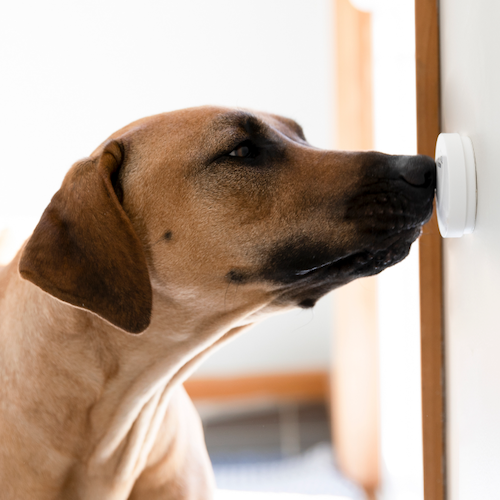Pets are a blessing as they liven up your home. Research has shown that they can improve your health, but a new pet requires commitment. Pets will take up your time, space and money. Therefore, you need to be prepared for what it takes to be a responsible pet owner. Here are some tips to help you with choosing the right pet.
How to determine the kind and breed of pet that is right for you
There are many different types of pets that you can choose including dogs, cats, birds, hamsters, rabbits, fish, rats, rabbits, ferrets and horses among others. Your right choice of pet will be determined by factors such as how large your home or yard is, whether you live on a rented property, amount of free time you have, the kind of activities you would like to engage in with your pet, whether you have any pet allergies and availability of resources to take care of your pet. Consider taking an online pet quiz to guide you in determining the most suitable pet for you.
Puppies and dogs are high attention pets that require you to spend quite a bit of time with either petting or playing with them. On the other hand, cats and kittens are sociable, but they require less attention and space than dogs.
While parrots are entertaining and intelligent creatures, they are not easy-care as most people assume. Their diet is complex and varied, and you will need to provide adequate entertainment either in the form of TV, radio or toys.
Horses are time, money, care and space intensive. Bunnies require a quiet environment and gentle handling. Ferrets are low-maintenance animals that spend most of their time in cages but can you regularly let them out to play.
Preparing your home for a new pet
Begin by talking to the rest of your family about bringing a pet home. Teach your family members how to properly handle and set house rules in regard to your pet. Distribute pet responsibilities such as grooming, feeding, exercising and playing among yourselves.
Adapt your home for your new pet. Pet-proof it by keeping away potentially dangerous items. Buy all the necessary pet supplies such as toys, food, feeding bowls, beds, leash and cage among others before bringing your pet home. Set up a space for your pet either in a room or at a corner of the house.
Help your pet acclimate to the new environment
If you are bringing home a mature animal that is already on a routine, aim to keep the routine the same in your new home. You may make changes to the routine as the pet gets accustomed to the new environment, but for the first few days endeavor to keep everything the same. The pet shelter or store where you found your pet from knows the animal well. Get as much information as possible about the pet. It will go a long way in helping the pet adapt to your home.
If you can, bring along some of the pet’s favorite items from their previous home. Rescue pets may feel nervous and fearful at first, spending time with them and creating a comfortable space will help them adjust fast. An elderly pet requires special care that incorporates increased veterinary visits, a special diet that is rich in nutrients and easy to digest and a comfortable living environment.
How to bond with your new pet
The easiest way to bond with a new pet is to spend time together regularly. Each day try to schedule some time to spend with your pet either playing, exercising or grooming. Talk to your pet in a warm and reassuring tone. Treat your new friend well and ensure all your pet’s needs are met. Your pet will gradually warm up to you, your family and your new home.
Do your research on the different kind of pets and what they require. Educate yourself about pet care and laws.
Photo Credit: Pixabay







